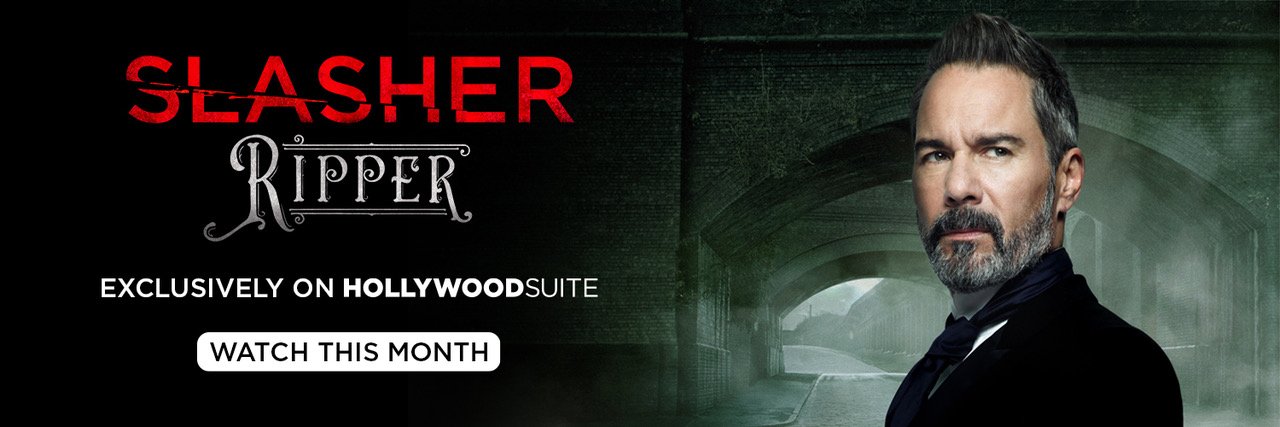Chevalier: Fact-Based Period Drama Rights Historical Wrongs in Predictable Fashion
By Kim Hughes
Rating: B
Opulent period piece Chevalier, which had its world premiere last fall at TIFF, aims to give a long-overlooked, real-life historical figure his due and his racist, colonizing usurpers their comeuppance.
That’s a noble aim, and the percolating madness of the pending French Revolution heightens the overall drama. Yet in its eagerness to correct past wrongs and set the story straight, the film feels weirdly rigid, narratively predictable, and occasionally overstated. How it ultimately scans may depend on a viewers’ expectations.
Our hero, as it were, is Joseph Bologne, later known as Chevalier de Saint-Georges, a fencing and musical prodigy brought to France from Guadeloupe at seven in 1753 by his uncommonly progressive father, a French plantation owner whose indiscretions with an African slave led to the birth of his “illegitimate” and mixed-race son.
That pivotal relocation follows the film’s fictional showstopper opening, wherein Chevalier (Kelvin Harrison Jr.) upstages some petulant hack named Mozart during a headlining gig — and with a borrowed violin no less — in a throwdown that would be untoward on contemporary reality television. No matter, we get it: dude can play violin.
Chevalier, the film, wisely speeds past Joseph’s childhood to bring him to early adulthood where the action happens as reigning queen Marie Antoinette (Lucy Boynton) recognizes the fencing-composer’s brilliance, elevating him in French society with public acknowledgement and giddy companionship.
Chevalier is no slouch in the ego department, a necessary guard perhaps against the omnipresent racist forces bent on taking him down. But it earns powerful enemies, among them an aging opera singer (Minnie Driver) whose advances the supremely hunky Chevalier rejects. Watch out for her later.
Meanwhile, Chevalier begins an illicit affair with the very married soprano Marie-Josephine (Samara Weaving) whose piece-of-work husband is a pitiless military thug for the French royals. This obviously cannot end well even though Chevalier has some influential supporters, including Madame de Genlis (Sian Clifford), Marie-Josephine’s cousin and a pillar of French society who also happens to be a producer able to help Chevalier realize his dream of leading the Paris opera.
Despite all the finery and fancy parties, the Revolution is fast approaching. And Chevalier — an outlier whether he likes it or not — is gradually swept toward the virtuous side, in part thanks to his estranged mother, who lands in France after the death of Chevalier’s father. She shows him how the other half lives which, while tough and mostly impoverished, is nevertheless more joyful and welcoming than the backbiting happening at court.
As noted in an epilogue crawl at the end of the film, Chevalier — who became increasingly engaged with the downtrodden behind the French Revolution — went on lead to the first all-Black regiment in Europe, the first of its kind defending the French First Republic.
Paradoxically, Napoleon’s reinstatement of slavery in 1802 ensured Bologne’s musical body of work was institutionally dismissed and largely forgotten.
This film, it is intimated in the same crawl, is part of a larger movement to recognize Bologne’s contributions both to French society and to Europe’s glittering classical musical canon.
Again, noble. Director Stephen Williams, well abetted by a superb craft team of cinematographer Jess Hall, production designer Karen Murphy, and notably, costume designer Oliver García — whose glorious textiles underscore the vulgarity of pre-Revolutionary French aristocracy — dazzle with every frame.
If only the unyieldingly righteous Chevalier wasn’t similarly overstuffed.
Chevalier. Directed by Stephen Williams. Written by Stefani Robinson. Starring Kelvin Harrison Jr., Samara Weaving, Lucy Boynton, Ronkẹ Adékoluẹjo, Marton Csokas, Alex Fitzalan, and Minnie Driver. In theatres April 21.



